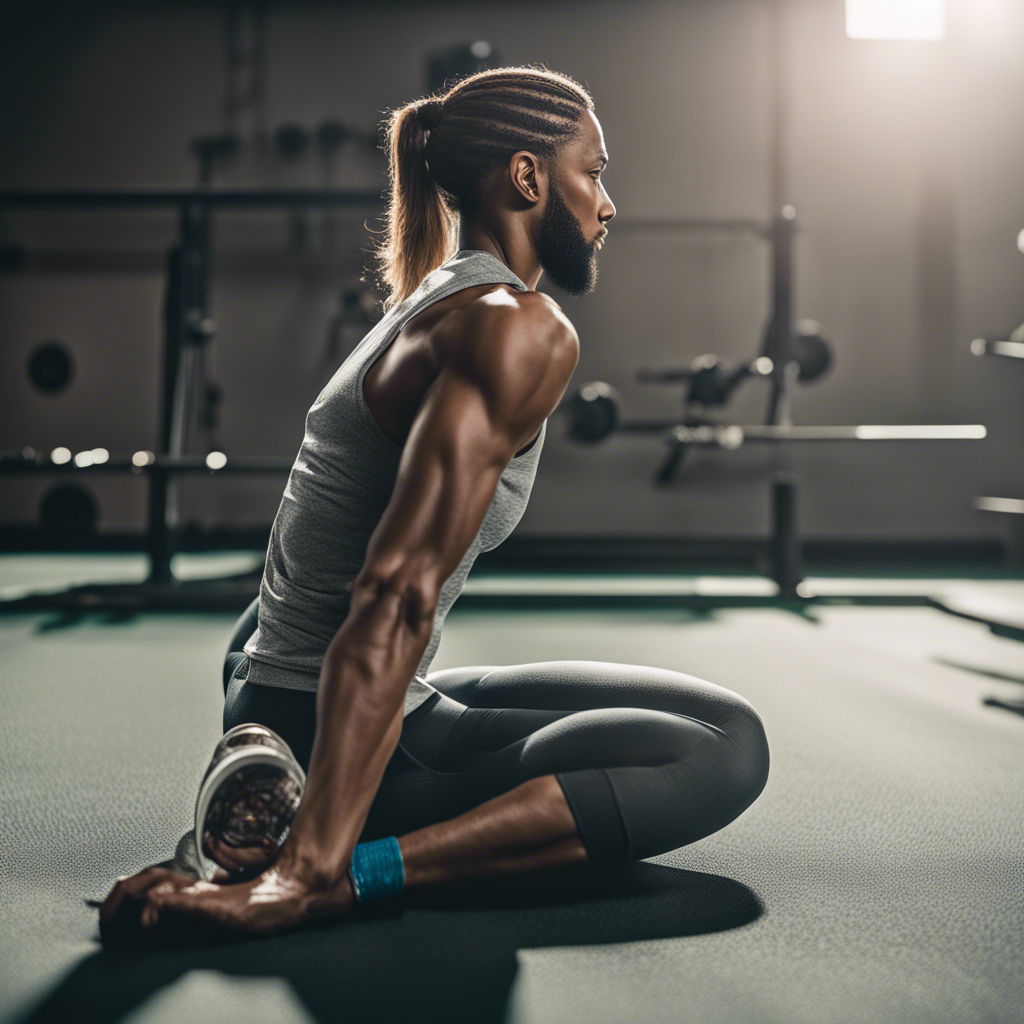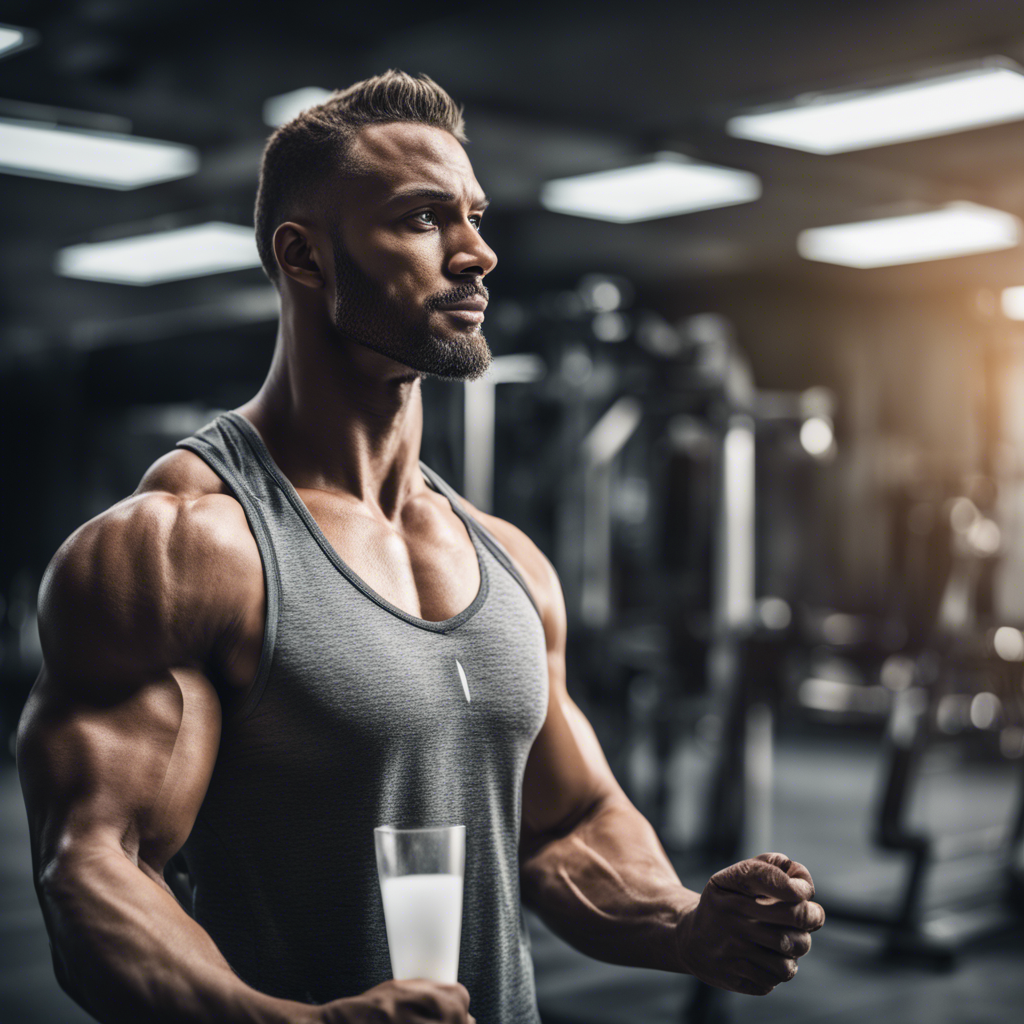CBD for Fitness Recovery: Does It Reduce Inflammation or Just Hype?
Introduction to CBD and Fitness Recovery
As the rise of holistic and alternative medicines continues, CBD (cannabidiol) has emerged as a potential game-changer in the fitness world. Derived from the cannabis plant, CBD distinguishes itself from its psychoactive counterpart, THC, by offering purported therapeutic benefits without the intoxicating effects. Fitness enthusiasts and athletes are increasingly incorporating CBD into their recovery routines to aid in reducing inflammation and muscle soreness.

The surge in popularity has sparked debates and discussions about the actual efficacy of CBD in fitness recovery. While some swear by its anti-inflammatory properties, others question if it’s simply the latest fitness hype. This article explores whether CBD truly aids in fitness recovery and inflammation reduction or if it’s merely hype—an exploration crucial for anyone considering safe fitness products to buy on Amazon or using CBD for athletes seeking enhanced recovery.
Potential Benefits of CBD for Fitness
CBD Post-Workout Benefits
Many fitness enthusiasts report that CBD helps alleviate post-workout muscle soreness. This can be crucial for those engaging in regular, intense workouts where muscle recovery is a vital component of performance maintenance. The proposed mechanism is CBD’s ability to modulate pain receptors and inflammation through the endocannabinoid system, potentially accelerating recovery times.
CBD Muscle Recovery and Repair
Beyond reducing soreness, CBD might aid in muscle recovery and repair. Some studies suggest that CBD can enhance the body’s natural healing competencies by influencing the inflammatory response. For athletes and consistent fitness practitioners, incorporating CBD into their recovery regime could mean fewer interruptions in their training schedules and potentially improved performance over time.
CBD Anti-inflammatory Benefits
Inflammation is a well-documented cause of various muscular issues and injuries. CBD’s proposed anti-inflammatory benefits might offer preventive and therapeutic effects. By potentially regulating cytokine production—the proteins involved in inflammation—CBD could offer a natural alternative to traditional OTC anti-inflammatories, with fewer side effects.
Practical Applications and Examples
Using CBD in Training Regimens
Athletes like MMA fighters and marathon runners have publicly endorsed the use of CBD for faster recovery and reduced downtime. For instance, blending CBD into protein shakes post-training or using topical CBD creams on sore muscles can offer targeted relief and speed up recovery processes.
Safe Fitness Products to Buy on Amazon
For those looking to experiment with CBD, numerous products available on popular platforms like Amazon offer a range of options from oils and edibles to creams. It’s crucial to choose high-quality, reputable brands that provide transparency in ingredient sourcing and third-party testing to ensure safety and efficacy.
CBD’s Role in Injury Prevention
In addition to recovery, some athletes use CBD proactively to prevent injuries by maintaining muscle flexibility and reducing systemic inflammation. Regular use might contribute to lessening the risk of overuse injuries that often plague high-performance athletes.

Frequently Asked Questions
Is CBD safe for athletes?
Yes, when sourced and used correctly, CBD is considered safe for athletes. Leading sports organizations and anti-doping bodies like WADA have removed CBD from their list of prohibited substances, increasing its credibility and potential adoption among sports professionals.
What forms of CBD are best for fitness recovery?
CBD recovery products come in various forms, such as oils, edibles, and topicals. Oils and edibles can provide systemic relief, while topicals can be used directly on sore muscles for localized benefits. The choice largely depends on personal preference and specific recovery needs.
How quickly can I expect CBD to work for muscle soreness?
The onset time of CBD’s effects on muscle soreness varies based on the delivery method. Topicals can offer relief in 20-30 minutes, while edibles and oils may take up to an hour. Regular use might lead to more consistent and noticeable benefits over time.
Does CBD interact with other supplements or medications?
CBD has been known to interact with certain medications, particularly those metabolized by the liver’s cytochrome P450 enzyme. It’s advisable for individuals taking other medications or supplements to consult with a healthcare provider before incorporating CBD into their routine.
Is CBD legal for use in sports?
CBD’s legality for athletes varies by region and sport. While it is legal in many places and allowed in competitive sports, individuals should check the specific regulations of their sport and location to ensure compliance.
Conclusion: Separating Fact from Hype
As the fitness world continues to explore the boundaries of natural supplements, CBD stands as a promising candidate for recovery and performance support. While much anecdotal and preliminary scientific evidence supports its benefits, ongoing research is essential to definitively establish its roles and efficacy in fitness recovery.
Distinguishing between genuine benefits and consumer hype requires an individual approach, as everyone’s response to CBD may vary. Potential users should be aware of the sources of their CBD products and consider consulting healthcare professionals, especially athletes bound by specific regulatory guidelines.
Ultimately, CBD for fitness recovery offers an intriguing avenue, meriting further exploration for those seeking comprehensive, alternative recovery methods in their wellness routines.
Suggested Video Topics
- Understanding the Science Behind CBD and Muscle Recovery
- Top 5 CBD Products for Fitness Recovery You Can Buy on Amazon
- CBD in Professional Sports: Athletes’ Testimonials and Guidelines



